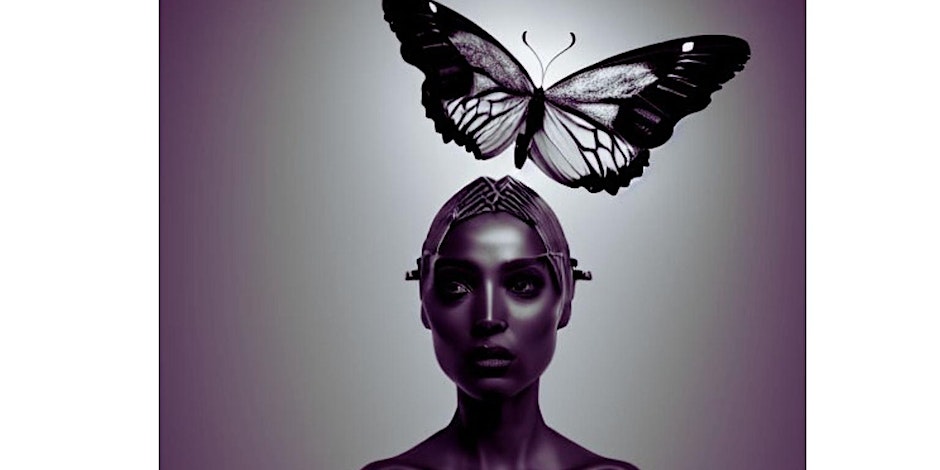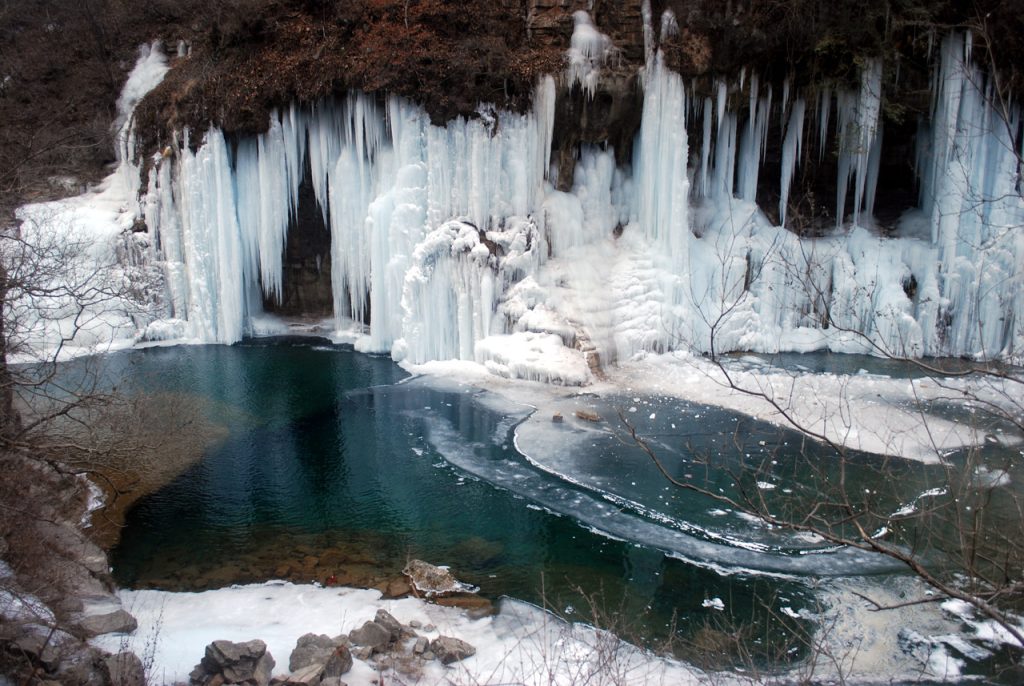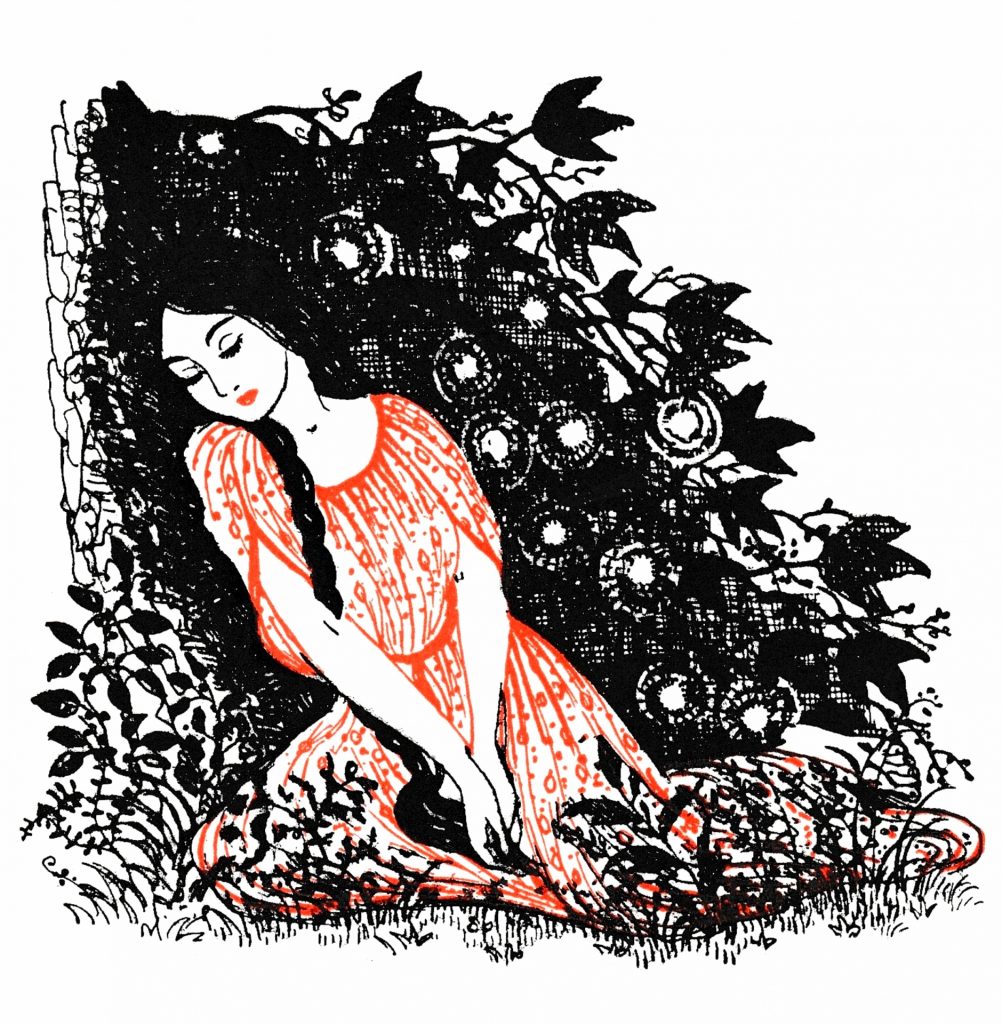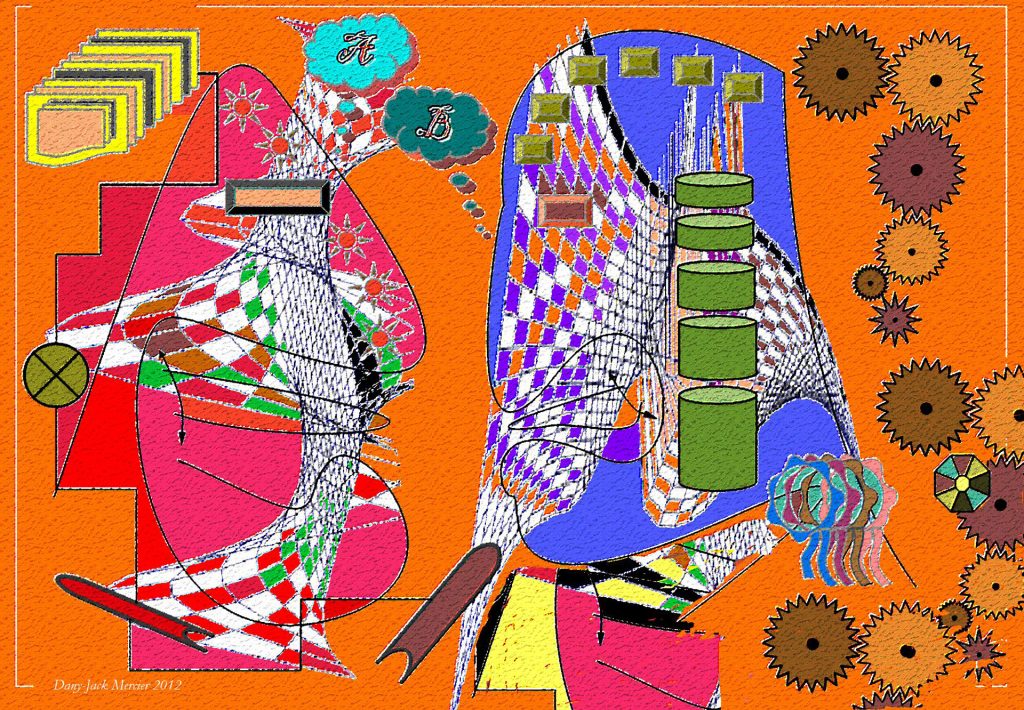We continue to express sorrow over what’s happening in so many different parts of the world and encourage our readers to support people and the planet.

Also, we are hosting our Metamorphosis gathering again! This is a chance for people to share music, art, and writing and to dialogue across different generations (hence the name, the concept of ideas morphing and changing over the years). This event is also a benefit for the grassroots Afghan women-led group RAWA, which is organized by women in Afghanistan who are currently supporting educational and income generation and literacy projects in their home county as well as assisting earthquake survivors. (We don’t charge or process the cash, you are free to donate online on your own and then attend!)
This will be Saturday April 6th, 2-4 pm in the fellowship hall of Davis Lutheran Church at 317 East 8th Street in Davis, California. It’s a nonreligious event open to all, the church has graciously allowed us to use the meeting room. You may sign up here on Eventbrite.
Also, we encourage everyone in the California area to attend the third annual Hayward Lit Hop on Saturday, April 27th. This is a public festival with different readings from different groups throughout downtown Hayward coinciding with Hayward’s choosing a new adult poet laureate, culminating in an afterparty at Hayward’s Odd Fellows Lounge. Several Synchronized Chaos contributors will read from their work at the 2024 Lit Hop.
Now for the March 2024 issue, Literary Devices. This issue explores what we can accomplish with language. The written and spoken and signed word can be a force for education, communication, dignity, connection among people, and pride and artistry. Language is also a way to render the indescribable through metaphor or fragmented text and leave something behind on the historical record.

Maurizio Brancaleoni reflects on human history as if it were akin to fossils, engraved within stone. S. Rupsha Mitra’s poetry collection Smoked Frames, reviewed here by Cristina Deptula, dramatizes the search for one’s truest self within psychology, cultural and family history, and radical self-understanding.
On a more personal level, John Edward Culp celebrates the anticipatory joy of the first tentative flight of new love. Kristy Raines writes of the emotional union and connection of romance.
Graciela Noemi Villaverde evokes dreamy flights of fancy, memory and imagination. Borna Kekic reminisces about his old haunts and watching movies with his teenage friends.
Duane Vorhees presents a poetic and historical record that chronicles the slow dissolution of a relationship while Taylor Dibbert’s poem reflects on the stages of the inevitable dissolution of a marriage and Elmaya Jabbarova speaks to a keenly felt grief, an absence that’s like a presence.

Saidakbar Ibrohim’s essay focuses on Uzbek poet G’afur G’ulom, Yahya Azeroglu’s work chronicles Azerbaijani literary and cultural history and pride while Z.I. Mahmud analyzes the literary and poetic qualities of Rabinadranath Tagore and Anita Desai’s poetry and prose.
Munisa Azimova offers up praise for the legacy of Uzbek poet Alisher Navoi and Bakhara Shodmonqulova shows respect for her heritage and language while Janglish Khasanova describes efforts to collect and publish the works of young Uzbek writers today. Mohichehra Rustamova’s essay highlights the love of her parents and the beauty and wisdom of her country’s literary heritage. Jacques Fleury celebrates part of Black global literary history through his review of Zora Neale Hurston’s Their Eyes Were Watching God, which tells the story of a Black woman’s journey towards self-realization independent of society’s emphasis on upward mobility and respectability.
Gulyora Hashimjonova offers up a memory of connection between herself and her father out in nature in their Uzbek homeland. Don Bormon celebrates humans and nature in his elegant piece on life in a city park while Mahbub Alam illustrates the cycles of nature, the trees changing colors, Annie Johnson contributes gentle poems about love and the slow sunrise and J.K. Durick offers up various takes on human and natural history and questions our level of control over shaping our world. Noel Pratt reflects on nature and on our smallness and relative lack of influence over such a large and eternal world. J.D. Nelson draws on haiku, the traditional Japanese form often used to depict glimpses of the beauty of nature, to craft vignettes about embracing ordinary life, even when plans are interrupted. Doug Hawley’s humorous short pieces illuminate human life and human nature and highlight the importance and ingrained nature of our instinct to narrate life through story.
Christopher Bernard reviews Cal Performances’ recent production of Pina Bausch’s take on Stravinsky’s The Rite of Spring, a show grounded in connection to the cycles of the earth.
Durdona Roxmatullayeva writes of the isolation and harshness but also the natural quality of heartbreak, metaphorically represented by the season of winter, while Zarnigor Ubaydullayeva extols the beauty of spring, kindness, and maturity. Mesfakus Salahin laments large scale damage to the earth and the world’s ecosystems.

Isabel Gomez de Diego photographs large tractors on parade in front of historic buildings, showing off the interdependence of agriculture and industry.
Marjona Asadova hopes for national Uzbek pride and world peace through universal recognition of human dignity. Maja Milojkovic’s poetry concerns our ethical aspirations, encouraging us to summit the heights of becoming more decent and caring human beings.
Dusan Stojkovic speaks to the role of poetry in teaching people to navigate life and relationships while Mykyta Ryzhykh highlights the psychological effects of dehumanization and cheapening of life, human and nonhuman.
Set within middle America, Bill Tope’s story looks at how we find closeness to each other, while Stephen Jarrell Williams’s poetry explores where and how we find solace, together or alone.
Anna Petrovic’s poems navigate the landscape of intense human feeling. Sa’ad Ali’s ekphrastic poems evoking the sensibility of lesser known works by famous artists. Iduoze Abdulhafiz probes the psychology of people’s dreamlike subconscious while Joshua Martin scatters letters and punctuation on the page in concrete poetry and Clive Gresswell’s pieces offer up ruminations in rhythmical streams of consciousness while Mark Young connects fragments of thought using technology and Jim Meirose explores the experience of falling through experimental words and text. Patrick Sweeney’s one-line poems are at once familiar and exotic, esoteric and mundane.

Makfiratkhon Abdurakhmonova extols the virtues and possibility of the land of sleep. Sayani Mukherjee‘s poetry concerns a dreamtime encounter with the divine world beyond herself while Madinabonu Bobobekova offers up a dreamy meditation on getting into the headspace to write.
Emeniano Acain Somoza compares the human heart navigating life to the performance of a juggling clown.
Ayanda Dlanga’s horror piece on fear and pursuit from a monster at night could be a metaphor for growing up too quickly. Safarmurod Yuldoshev speaks to the distribution of phytonematodes in Uzbekistan’s crops in his scientific essay, illustrating how nature can be menacing as well as welcoming. Jerry Langdon speaks to the physical and psychological horrors waiting for and threatening our souls, while Daniel De Culla addresses external political oppression through his poetic dramatization of a corrupt and self important Argentine leader.
J.J. Campbell contributes fatalistic poetry about a suffocating small town while Shahrizoda Bekturdieva raises awareness of domestic violence in a variety of locales. Mirta Liliana Ramirez writes of finding her own voice and speaking up for herself and others who were wronged, while Shamisya Khudoynazarova Turumnova addresses the pain associated with shattering a person’s reputation and Ilhomova Mokhichera reflects on the inexplicability of heartbreak.
Roberta Beach Jacobson’s poems are of awkwardness, not fitting in life, while Kelly Moyer’s work represents the self-described fantasy of finally being noticed and heard. Faleeha Hassan links war and violence to the human survival instinct, stemming from a desperate and human need to be heard and validated.

Lilian Dipasupil Kunimasa addresses our freedom of choice, between good and evil or simply between different life paths. Nahyean Bin Khalid gives us the beginning of a good versus evil action tale while Gulsanam Qurbonova praises the value of continual knowledge and self-education and Azamqulova Shahina Jonibekovna talks about upbringing, education, and development as a person while Madina Fayzullaeva outlines the intellectual and personal core competencies needed to teach foreign language and Mavludaxon Moydinova’s essay describes language and word formation in the Uzbek language. Sarvinoz Mamadaliyeva outlines and celebrates educational opportunities available to young Uzbeks at Namangan State Pedagogical University.
Adhamova Laylo Akmaljon gives us an essay on achieving goals and making the most of life. Zinnira Maxammadiyeva talks about making the most of life by investing in yourself and studying as Gulsevar Xojamova urges her fellow Uzbeks to pursue education and personal responsibility.
Shahnoza Ochildiyeva presents her pathway to success as a strong and creative Uzbek girl, while Orzigul Sherova offers up her praise of science and research and learning and knowledge. Guli Jonuzoqova describes the value of education, especially for women, while Nurmanatova Aigul’s metaphorical conversational piece concerns moving forward into the future.
Ravshanbek Nasulloyev describes techniques for enhancing one’s learning and everyday skills with a foreign language while Gulyora highlights the importance of cross cultural understanding in useful business communication.

Unlike many who bemoan people’s isolation due to too much screen time, Wazed Abdullah celebrates the connective power of mobile phone technology. Marguba Lapasova describes advances in modern payment technology while Maftuna Umaraliyeva explores how the modern tourism industry has incorporated or expanded upon traditional codes of hospitality.
Shakhnoza Ulashova argues for enhancing justice in Uzbekistan by providing Uzbeks with representation in all sorts of legal proceedings.
Umid Qodir’s poem asserts the value and dignity of poetry in advancing human understanding while Jullayeva Sitora Ismailnova highlights how the true heart of a poet should tend towards empathy and compassion.

Nosirova Gavhar speaks to her devotion in her faith while Brian Barbeito offers up sketches of people who are humble yet wise.
We at Synchronized Chaos Magazine, aspire to be humble, yet wise.
The song “Wherever I Fall,” from the 2021 movie Cyrano, directed by Joe Wright, shares the experiences of soldiers who believe they will likely die soon, yet express to their families and loved ones that they are happy with how they are living their lives, given the power and the choices available to them. We hope that Synchronized Chaos embodies that ethic, that we and our contributors and our readers are making the most of all of our lives within what is available to us.
